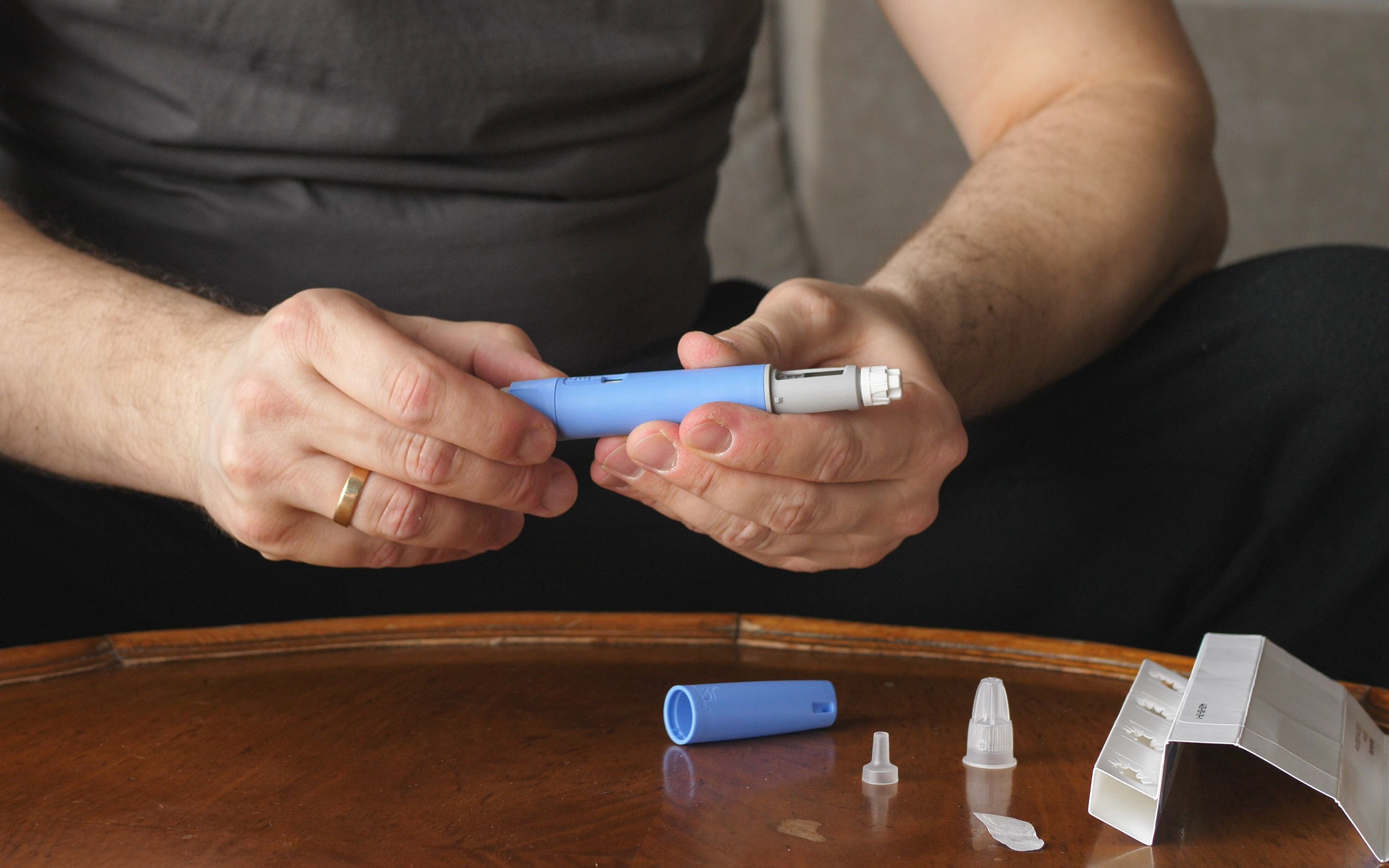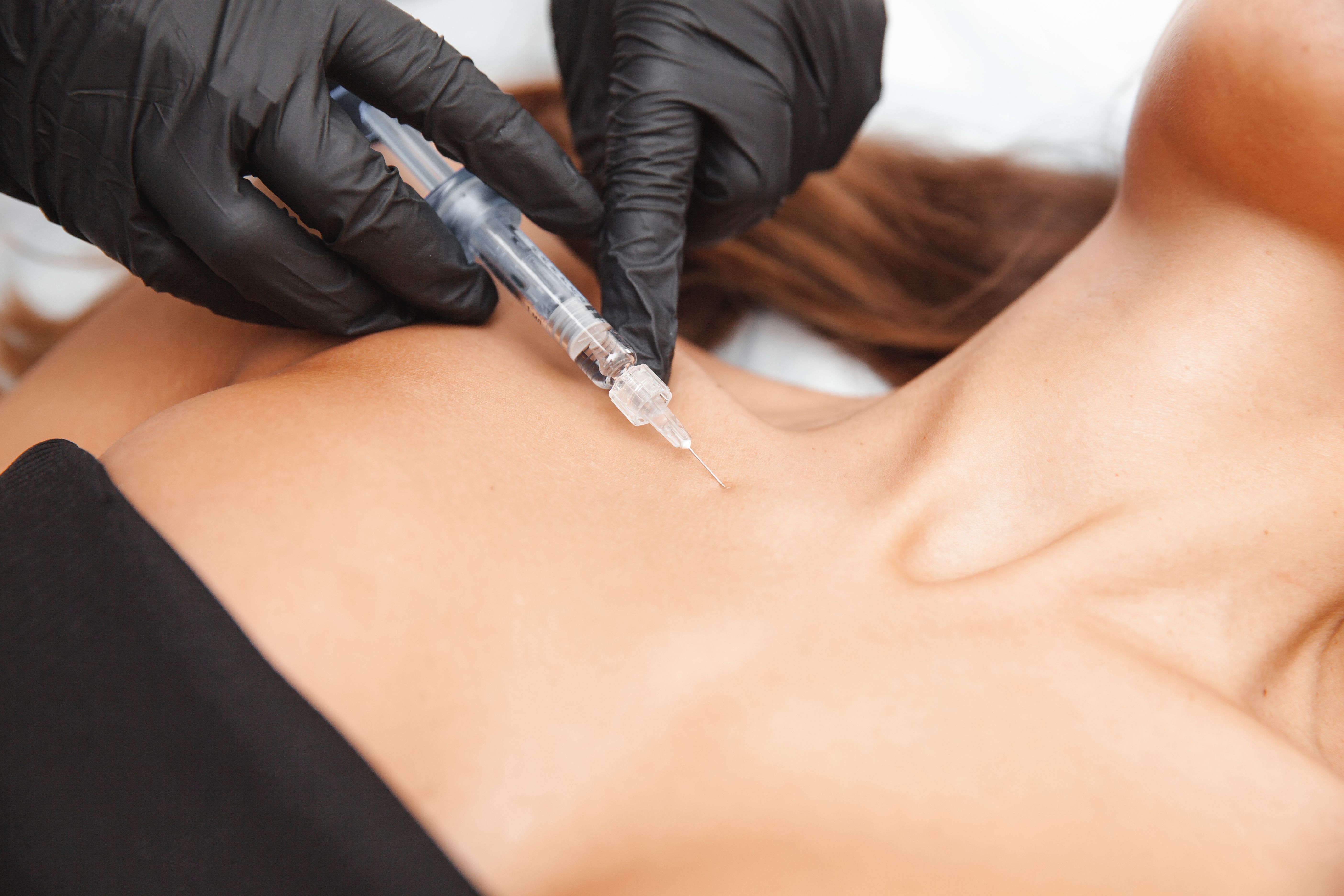- Case-Based Roundtable
- General Dermatology
- Eczema
- Chronic Hand Eczema
- Alopecia
- Aesthetics
- Vitiligo
- COVID-19
- Actinic Keratosis
- Precision Medicine and Biologics
- Rare Disease
- Wound Care
- Rosacea
- Psoriasis
- Psoriatic Arthritis
- Atopic Dermatitis
- Melasma
- NP and PA
- Skin Cancer
- Hidradenitis Suppurativa
- Drug Watch
- Pigmentary Disorders
- Acne
- Pediatric Dermatology
- Practice Management
- Prurigo Nodularis
- Buy-and-Bill
Article
Sensation 'good' post-face transplant
Results of a new study suggest that the recovery of sensation after facial transplantation is as good as - and in some cases better than - that achieved by conventional surgery to repair nerve injuries, PRWeb.com reports.
Cleveland - Results of a new study suggest that the recovery of sensation after facial transplantation is as good as - and in some cases better than - that achieved by conventional surgery to repair nerve injuries, PRWeb.com reports.
Researchers led by the Cleveland Clinic’s Maria Z. Siemionow, M.D., who in 2008 performed the first U.S. near-total face transplant, analyzed published data on the recovery of sensation in four patients who had undergone facial transplantation. They compared the results with sensory recovery after various standard nerve-repair techniques. They found - surprisingly, they report - that recovery of the sense of feeling in the transplanted face is “improved and accelerated” even when the nerves responsible for sensation aren’t attached.
The study reports that all four patients regained sensation in the transplanted face, beginning as soon as two weeks post-surgery. By the end of the first year, all had normal or near-normal sensory function. The extent of recovery was similar to that achieved with simple repair of injured sensory nerves in the face - and even better than that of grafting procedures in which tissues are transferred to the face from different areas of the body without reconnecting the nerves.
“Face transplantation is the only clinical condition where, in the absence of sensory nerve repair, good functional outcome is achieved despite severe trauma causing soft tissue and sensory nerve damage,” the authors wrote.
The authors add, however, that the lack of routinely collected data on recovery of sensory function makes it difficult to draw firm conclusions. The authors recommend an “objective and simple” technique for sensory assessment for use in future research.
The study appears in the May issue of Plastic and Reconstructive Surgery.





